Based on Circular No. 29 of the Ministry of Education and Training , the People's Committee of Dak Lak province issued regulations on extra teaching and learning in the province. The regulations aim to unify management work, prevent the situation of extra teaching and learning not in accordance with regulations, and at the same time create conditions for students in need to be supported and consolidate appropriate knowledge.
Accordingly, the Regulation clearly states the responsibilities of educational management agencies, local authorities, educational institutions, organizations and individuals participating in extra teaching and learning activities. The Department of Education and Training is the presiding agency, responsible for guiding, organizing implementation, inspecting and handling violations; and at the same time, publicizing the address for receiving feedback to increase transparency in policy implementation.
Notably, for extra teaching and learning activities in schools, the Regulation affirms the principle of not collecting money from students. Funding for implementation is guaranteed from the state budget and other legal sources. Units must develop and approve internal spending regulations, ensuring effective and public use of funding sources for extra teaching and learning activities.
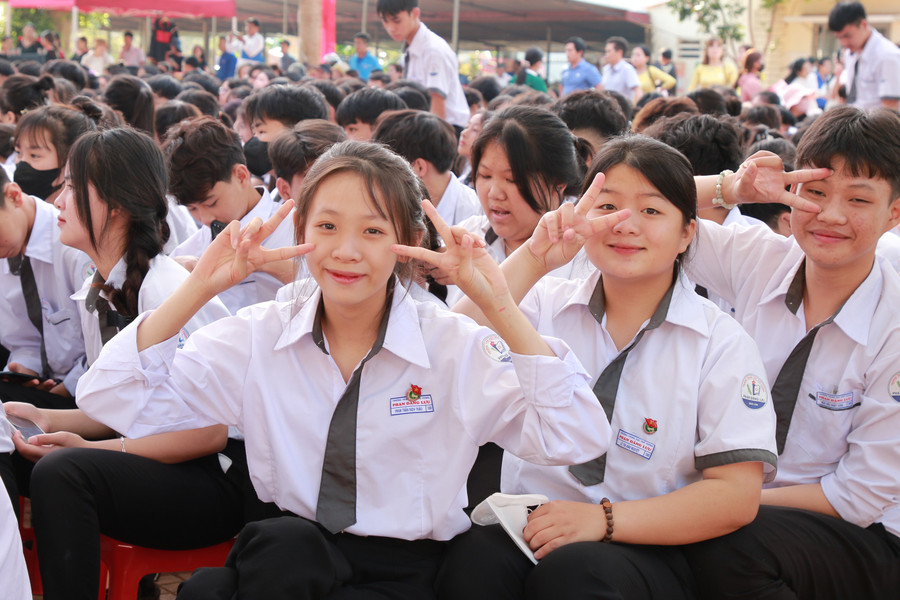
Meanwhile, for extracurricular teaching, organizations and individuals must register their business according to the law, manage records, teaching quality, student rights and financial obligations. Tuition fees are agreed upon by both parties, but are encouraged to be exempted or reduced for those in difficult circumstances, students from poor households, policy families, and ethnic minority students.
The regulation also emphasizes the role of the People's Committee at the commune level in inspecting and supervising the activities of extra teaching and learning in the area. The People's Committee at the commune level must promptly detect, handle or propose handling of violations; at the same time, make periodic reports twice a year to ensure strict and continuous management.
The promulgation of the Regulation on extra teaching and learning is considered a concrete step in implementing the policy of innovation in education management of Dak Lak province, aiming to build a healthy educational environment, in which the rights of learners are placed at the center. At the same time, the regulation creates a clear legal corridor for extra teaching and learning activities to take place for the right purpose - not to chase after achievements or increase learning pressure for students.
According to the leaders of the Dak Lak Department of Education and Training, in the coming time, educational management agencies, local authorities, educational institutions and teaching staff in the province will continue to coordinate to deploy, thoroughly grasp and strictly implement the new regulations. Propagating and raising awareness of parents and students are also identified as important factors to help the policy come into practice effectively.
Notable points in the Regulations on extra teaching and learning in Dak Lak
No fees are collected for extra teaching in schools. Funding comes from the state budget and other legal sources, and is made public in internal spending regulations.
Organizations and individuals teaching outside of school must register their business and be responsible for quality, records, student rights and financial obligations according to regulations.
Increase the management role of the People's Committee at the commune level in inspecting, supervising, receiving feedback and reporting periodically twice a year on extra teaching and learning activities in the area.
Encourage tuition exemption and reduction for students from poor households, policy families, ethnic minority students and those in difficult circumstances.
Raise the responsibility of heads of educational institutions, especially in managing teachers participating in extra-curricular teaching.
Source: https://giaoducthoidai.vn/quy-dinh-day-them-hoc-them-tai-dak-lak-minh-bach-dung-muc-dich-giao-duc-post756103.html





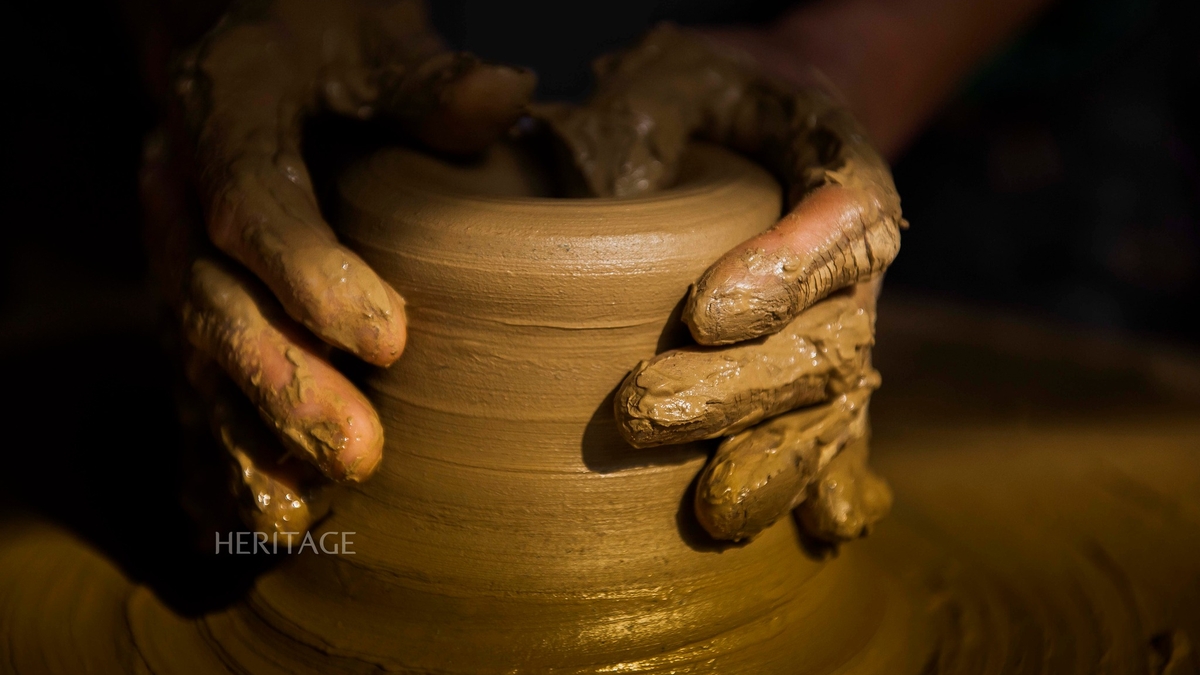
![[Photo] Prime Minister Pham Minh Chinh chairs a meeting on housing policy and the real estate market.](https://vphoto.vietnam.vn/thumb/1200x675/vietnam/resource/IMAGE/2025/11/11/1762838719858_dsc-2107-jpg.webp)
![[Photo] Chu Noodles - the essence of rice and sunshine](https://vphoto.vietnam.vn/thumb/1200x675/vietnam/resource/IMAGE/2025/11/11/1762846220477_ndo_tl_7-jpg.webp)
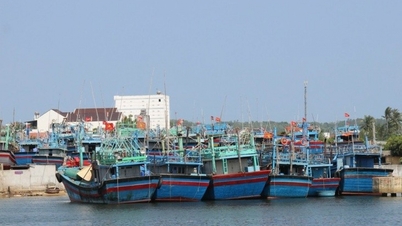

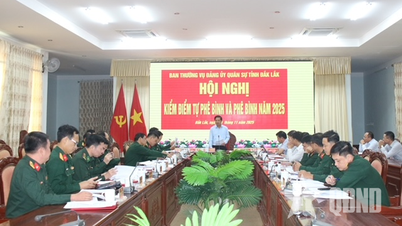

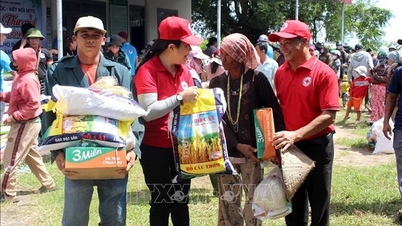

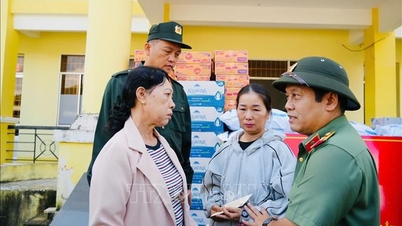



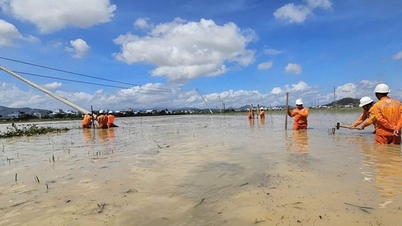









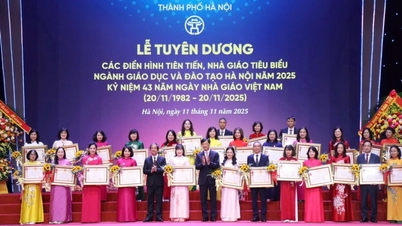










































































![Dong Nai OCOP transformation: [Article 4] Reaching national standard products](https://vphoto.vietnam.vn/thumb/402x226/vietnam/resource/IMAGE/2025/11/11/1762825820379_4702-cac-san-pham-trai-cay-chung-nhan-ocop-nongnghiep-174649.jpeg)


![Dong Nai OCOP transition: [Article 3] Linking tourism with OCOP product consumption](https://vphoto.vietnam.vn/thumb/402x226/vietnam/resource/IMAGE/2025/11/10/1762739199309_1324-2740-7_n-162543_981.jpeg)






Comment (0)